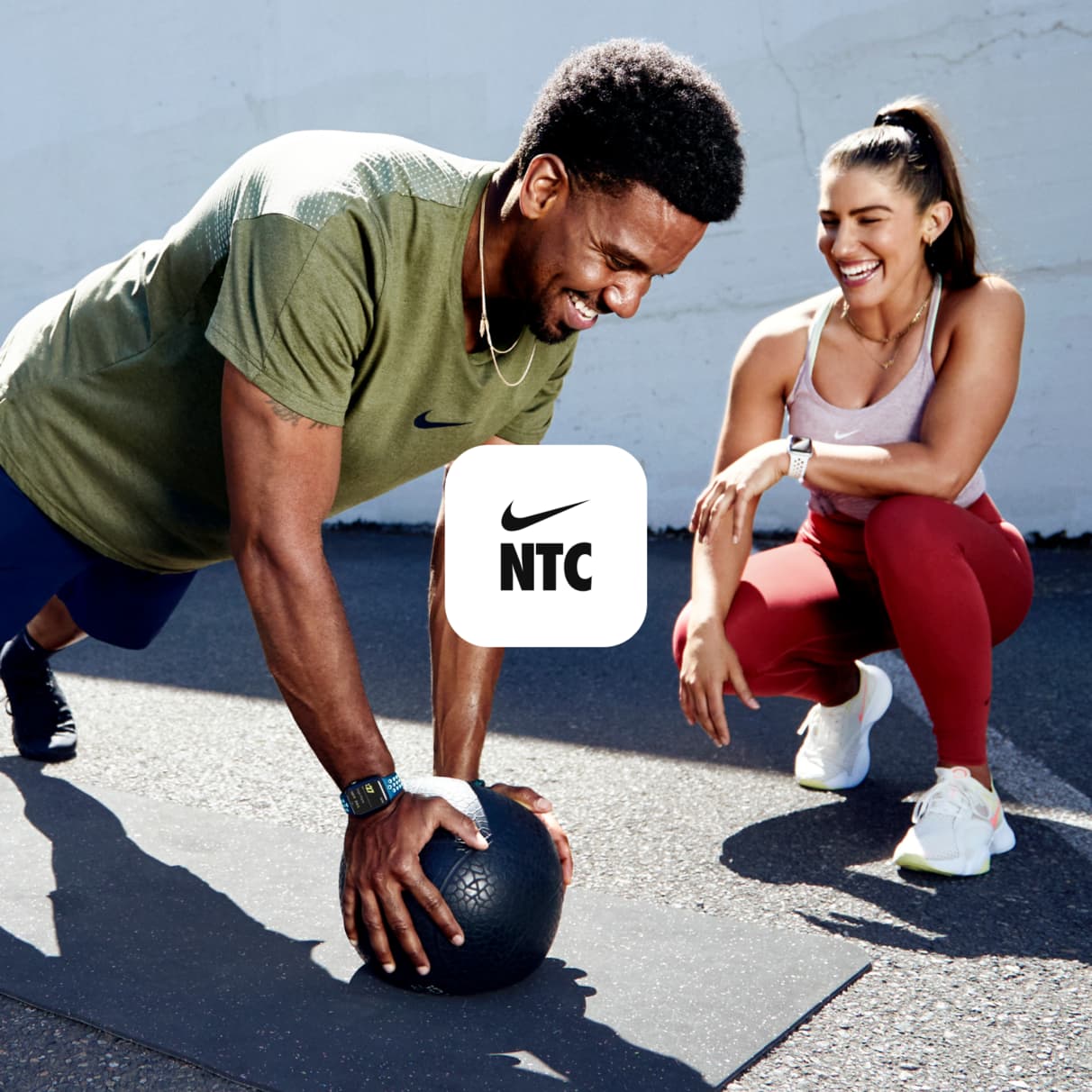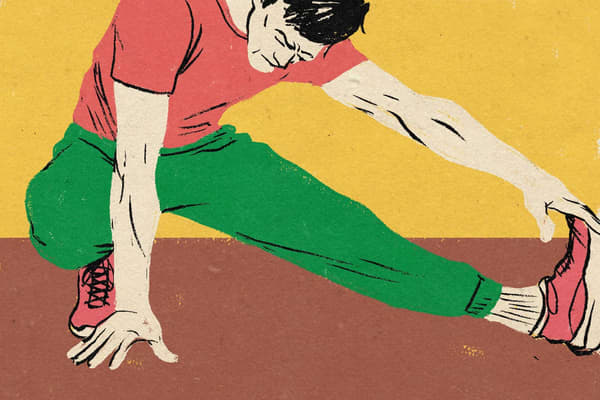4 New Year's Resolution Ideas—And How to Stick to Them, According to Experts
Health & Wellness
Explore resolutions that boost health and wellness for mind and body.

With the turn of the new year, many embark on healthy lifestyle changes with New Year's resolutions. Looking for some inspiration? Consider goals that focus on mindfulness, movement, rest and healthy eating. Whatever the resolution, small changes can have a big impact on your overall well-being.
Often, the most challenging part of New Year's resolutions isn't creating them—it's sticking to them. According to a study found in a 2021 issue of The International Journal of Environmental Research and Public Health, few people make it a full month before giving up on their New Year's resolutions.
Below, check out these four expert-vetted New Year's resolution ideas—and tips to stick with them.
4 New Year's Resolution Ideas Recommended by Experts
1.Incorporate Mindfulness Breaks

For many, it's always go-go-go. Adding short mindfulness breaks into your day is a good New Year's resolution, said Haley Perlus, PhD in sport psychology.
Taking five-minute mindfulness breaks can include taking a short walk, Perlus said, with the goal to focus your attention on the present moment and observe your surroundings. She also suggested taking time to think about something that brings you joy.
"Research found that [taking mindfulness breaks] helps decrease stress levels, helps with fatigue and enhances concentration", she said. For instance, a 2020 review found mindfulness practices such as meditation were associated with a significant reduction in blood pressure for participants with hypertension, cancer or diabetes.
For a boost in mindful movement, the Nike Run Club App teamed up with Headspace to create a collection of guided mindfulness runs. Explore these recovery runs designed to help you relax and feel present.
2.Focus on Movement That Makes You Happy

The key to adding a sustainable fitness-focused resolution, according to Chiheb Soumer, EXOS Performance Specialist, CPT, is to implement workouts that excite you and won't leave you exhausted.
"Your workouts should be challenging enough, but should not drain you", he said. Incorporating more light movements in the day, such as walking or stretching, can positively impact your health, he said—especially for those who work at a desk.
Soumer added that New Year's resolutions should be realistic and relatively easy to maintain.
"The goal is to find the healthy medium between intensity and sustainability", he said. For example, if resolving to do daily HIIT workouts doesn't appeal to you, focus on a workout routine that you look forward to—such as strength training, yoga, going on nature walks or engaging in light cardio.
(Related: The Beginner's Guide to Start Running, According to People Who Have Done It)
3.Practise Intuitive Eating

Dawn Jackson Blatner, RDN and author of The Superfood Swap, recommended practising intuitive and mindful eating as New Year's resolutions.
"Intuitive eating is an eating style where food is not judged as 'good' or 'bad', and the emphasis is on listening to your own body's internal cues instead of external diet culture rules", she said. "Mindful eating [is] the act of slowing down, tasting and enjoying food, and listening to your body's cues".
To do so, Blatner suggested making a New Year's resolution to eliminate distractions while eating when possible. "This helps you slow down to mindfully enjoy your meals and digest your food properly", she said.
Here's why: Research has indicated that not taking enough time to thoroughly chew your food can lead to overconsumption and feeling uncomfortably full. For example, a study in a 2009 issue of The American Journal of Clinical Nutrition concluded that participants who chewed smaller bites of food ate their meals slower and ultimately ate less than those who took larger bites.
As a bonus, Blatner explained that chewing your food into small bits prevents large pieces of food from being fermented by bacteria in the intestinal tract, which can then lead to gas and bloating.
4.Be Intentional About Rest and Recovery

While exercising consistently and eating well often top the list for New Year's resolutions, rest and recovery are equally essential. Soumer recommended a resolution to take one to two days off between workouts to give your body time to rest. Taking rest days are vital to recovery because when you do a hard workout, muscle tissue becomes damaged. In order for muscle growth and increased strength to occur, it's imperative to allow time for it to properly repair.
He suggested a couple of other important practices to support recovery: incorporate active recovery movements on off days like walking or stretching, and make adequate sleep a priority, as sleep is also vital for recovery. According to the Centers for Disease Control and Prevention, adults ages 18–60 should get at least seven hours of sleep daily to maintain good health.
Words by Jessica Estrada





